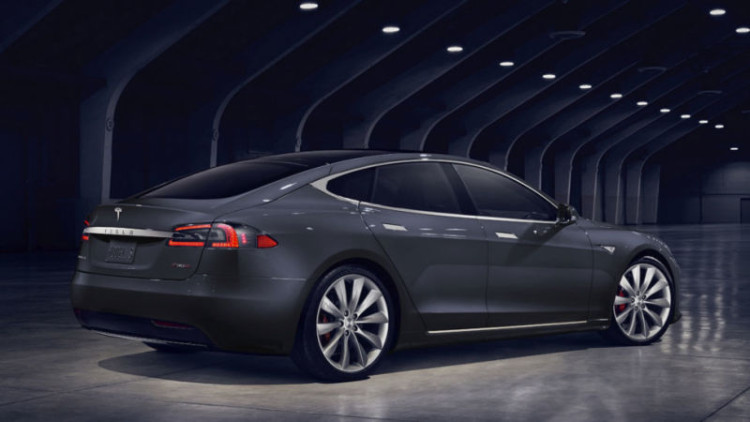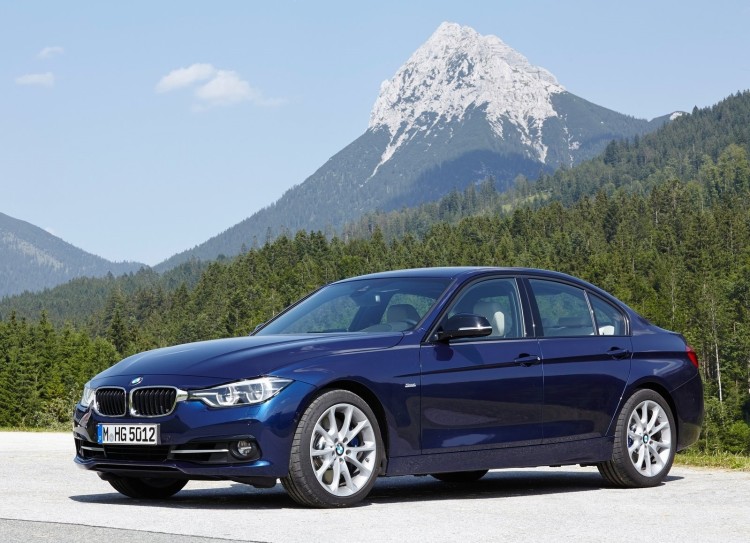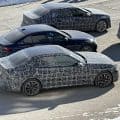Electric vehicles are often marketed as “emission free vehicles”, a catchy line that it’s being used across the industry and in most marketing slogans. But that statement might not be entirely true. A recent study quoted by Bloomberg shows that a highly efficient car like the BMW 320i can cause less pollution in certain areas of the world than a Tesla Model S.
How is that possible? Before answering that question, let’s take a look at the philosophy behind the i3 electric vehicles and its manufacturing processes. The i3 is made of CFRP which is manufactured at a plant that was built from the ground up to serve only this purpose, and that, in its turn, uses electricity provided by the nearby Moses Lake. This is likely one of the most eco-friendly manufacturing processes there is in business today.
Furthermore, the assembly lines in Leipzig for the i3 are also using solar and wind power by the plentiful, to make sure the impact the electric car has on the environment is as low as possible. That’s the holistic approach all manufacturers need to have.
But not all automakers follow a similar process. EVs are often cited as the cause of more CO2 emissions that conventional cars due to the way the electricity needed for their batteries is obtained. In Hong Kong, for example, more than half of the electricity provided to consumers comes from burning coal, with the remainder of 44 percent being split equally between natural gas and nuclear powerplants.
In this particular case, over 150,000 km (99,205 miles) a Model S would help release 4.4 more metric tons of CO2 into the atmosphere, more than a BMW 320 after you take into account the carbon intensity of the city’s power generation and the production of the car battery, in addition to crude oil extraction, transportation and refining.
“Electric vehicles only make sense in countries where the carbon intensity of electricity generation is low,” wrote Neil Beveridge, a Hong Kong-based analyst at Bernstein in a report published Wednesday. “In Hong Kong, and more broadly China, electric vehicles are increasing rather than reducing pollution, with taxpayers effectively being asked to subsidize this.”
The situation is even worse in mainland China, where coal accounts for about 60 percent of the primary energy and where Elon Musk plans to gain a foothold in the near future. The CEO of Tesla is now looking for a production partner in the Asian country for its electric cars.
So while the final product – an electric car will always be more efficient than a conventionally-powered automobile – the road to get there might be less eco-friendly that one imagines.






































































